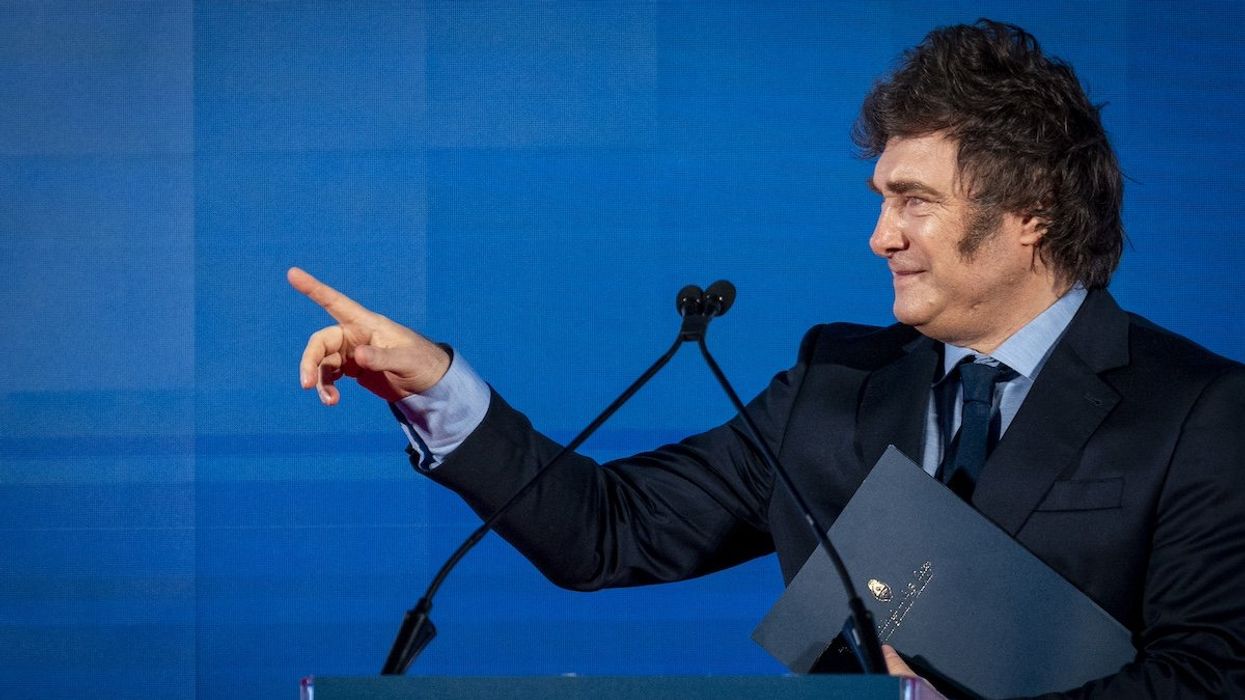What We're Watching
Big milestone for Argentina’s radical president: Economy escapes recession
A year ago, Argentina’s eccentric, wolverine-haired, “anarcho-libertarian” president Javier MIlei took office with a chainsaw and a plan: to tackle the country’s triple-digit inflation and chronic debt problems, he would hack government spending to pieces — and it seems to be working.
Dec 17, 2024



